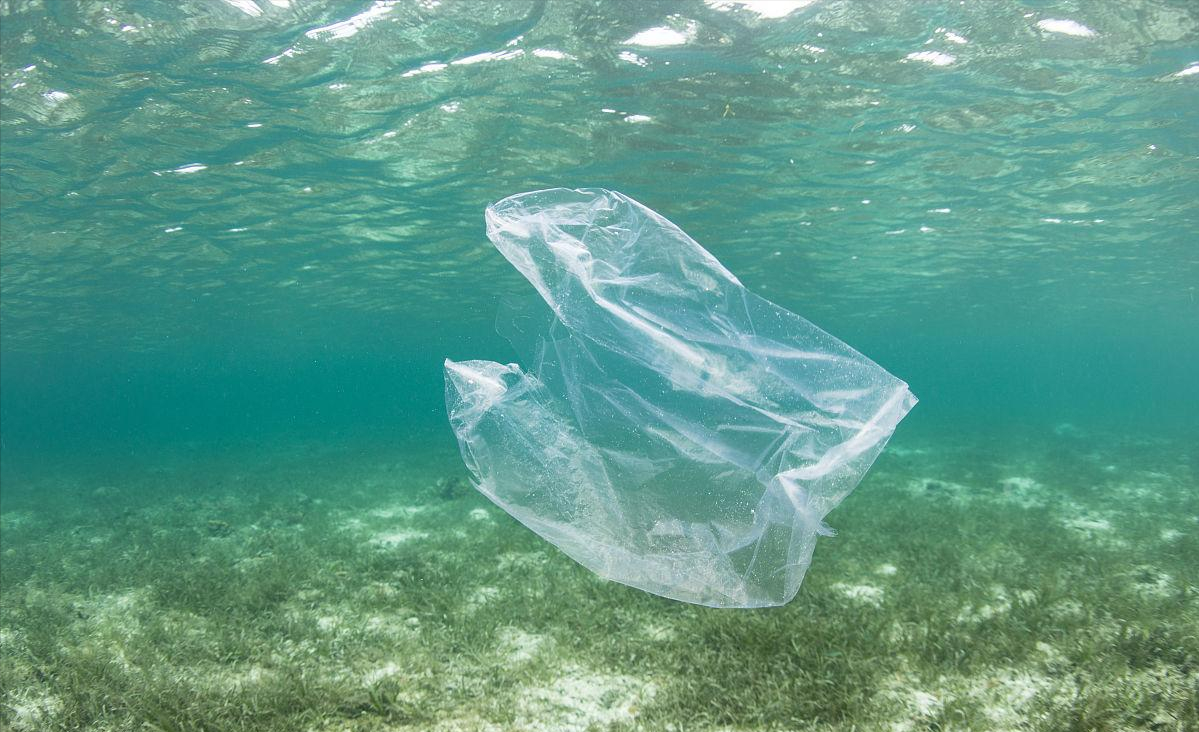Recycling machines, also known as pelletizing machines, are specialized machines designed to process waste plastics and convert them into high-quality pellets, which can then be reused in manufacturing new products. The recycling machine process typically consists of crushing, washing, melting and pelletizing, and cooling and shaping stages. High-quality recycling machines should be able to handle various types of plastic waste, including films, bottles, and other rigid materials, and produce pellets with consistent size and quality.
The crushing stage is the first step in the recycling machine process. Modern crushers use advanced cutting technologies to reduce plastic waste into small pieces, making them easier to process in subsequent stages. For example, impact crushers are well-suited for processing thick plastic films and bottles, while toothed roller crushers are better for thin films and packaging bags. The crushing efficiency directly impacts the efficiency of the washing and pelletizing stages, so investing in a high-quality crusher is crucial.
The washing stage removes contaminants from the crushed plastic pieces. Effective washing machines should be able to handle a variety of contaminants, including inks, dust, and food residues. Many recycling machines now include automatic washing systems that use hydraulic sorting and screening technologies to ensure thorough cleaning. According to industry research, proper washing can increase the recovery rate of plastic waste by up to 30%, significantly improving your operational efficiency and reducing material costs.
The melting and pelletizing stage is where the crushed and washed plastic are heated and extruded into pellets. This stage requires precise temperature control (typically between 180-220°C for traditional plastics) to ensure proper plasticization and pelletizing quality. Many recycling machines now include multi-segment temperature control systems and intelligent monitoring functions to optimize the pelletizing process. For example, Hanbo's new melt-blown cloth packaging film pelletizer adopts low-temperature pelletizing technology, reducing energy consumption while maintaining pellet quality.
Finally, the cooling and shaping stage ensures the pellets have stable physical and chemical properties. High-quality recycling machines should include efficient cooling systems, such as water cooling or air cooling, to produce pellets with consistent dimensions and surface quality.
Recycling machines offer several key benefits for plastic packaging businesses. First, they reduce material costs by allowing you to reuse waste, which can be particularly beneficial for companies producing large volumes of packaging films or bags. Second, recycling machines help meet environmental regulations, which are becoming increasingly strict around the world. Third, they contribute to a circular economy by keeping plastics out of landfills and oceans, where they can cause significant environmental harm .
One of the most significant trends in recycling machine technology is the development of intelligent recycling systems. These systems integrate IoT technology and artificial intelligence algorithms to optimize the recycling process, reduce energy consumption, and improve pellet quality. For example, Yuesheng's biodegradable plastic twin-screw extruder includes intelligent monitoring functions that adjust processing parameters in real-time based on waste composition and quality .
Another trend is the integration of recycling machines into closed-loop systems. These systems allow businesses to recycle and reuse waste within the same facility, minimizing transportation costs and environmental impact. According to industry reports, closed-loop recycling systems can reduce material costs by up to 40% and lower carbon emissions by 30% .
When selecting a recycling machine, consider the following factors:
First, processing capacity. Recycling machines should match your waste generation rate. For small businesses, a desktop recycling machine might be sufficient, while larger operations require industrial-scale systems.
Second, material compatibility. Ensure your recycling machine can handle the types of plastic waste you generate. Some recycling machines are specialized for specific materials, while others offer broader compatibility.
Third, energy efficiency. Recycling machines consume significant amounts of energy, so look for machines with energy-saving designs, such as servo drive systems and intelligent temperature control.
Fourth, automation level. Machines with higher automation levels reduce labor costs and improve consistency in pellet production.
Fifth, maintenance requirements. Recycling machines require regular maintenance to ensure optimal performance. Consider machines with easy access panels and modular designs for simpler maintenance.
In addition to selecting the right recycling machine, it's also important to implement proper waste collection and sorting systems. Recycling machines work most efficiently when processing clean, sorted waste. Therefore, invest in waste management solutions, such as automatic sorting systems, to maximize recycling efficiency.
Finally, don't overlook the importance of operator training. Recycling machines require specialized skills to operate effectively, so ensure your team receives thorough training on machine operation, maintenance, and waste processing techniques.
In summary, recycling machines are essential tools for promoting industry sustainability and reducing material costs. By selecting the right recycling machine, implementing proper waste management systems, and investing in operator training, you can transform waste plastics into valuable resources, contributing to a circular economy while improving your bottom line. Remember, recycling is not just an environmental responsibility—it's also a smart business decision.